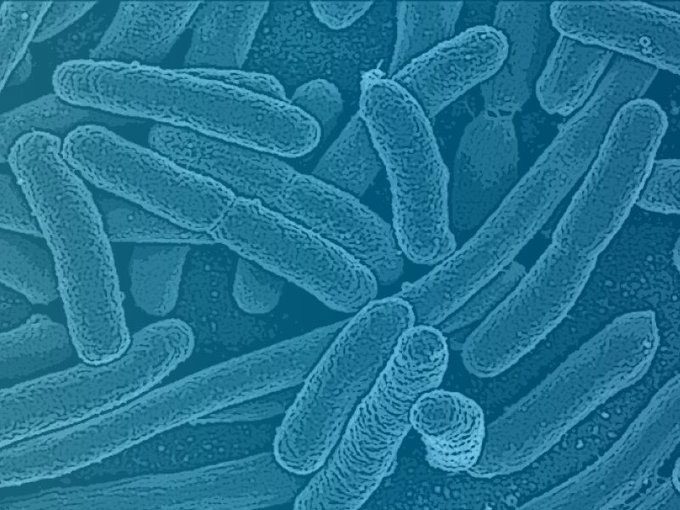Research on the impact of gut microbiota on the brain and intelligence is becoming an important focus at many universities around the world.
According to a publication by NewScientist, Professor Tie Lin Yang at Xi’an Jiaotong University (China) and colleagues have analyzed the potential causal effects of two gut bacteria groups – Fusicatenibacter and Oxalobacter – to determine whether they directly influence intelligence.

Oxalobacter bacteria in the gut associated with lower intelligence – (Image: IPNA).
260,000 People Studied for Genetic Data
The researchers analyzed microbiome and genetic data previously collected from over 18,000 individuals.
The team accurately identified 10 genetic variants previously associated with the quantity of Oxalobacter in the human gut, and 14 genetic variants linked to Fusicatenibacter.
Additionally, they analyzed language and mathematics test scores, as well as genetic data from a separate group of over 260,000 individuals.
The results indicated that individuals with a gut microbiome rich in Oxalobacter tended to have lower test scores, while those with higher levels of Fusicatenibacter scored better.
However, there remain many unknowns regarding how much these test scores reflect a person’s intelligence.
Dr. Kaitlin Wade at the University of Bristol (UK) explained: “Language and math tests are a fairly good representation of intelligence. But intelligence is a complex, multifactorial trait and cannot be captured in just one or two measures.”

Fusicatenibacter bacteria associated with higher intelligence – (Image: LONGEVITY.TECHNOLOGY).
Thus, instead of merely examining the correlation between gut microbiota and intelligence, the researchers in Xi’an identified over 150 genetic variants related to language and math skills.
They then sought to establish a connection between these variants and the quantities of the two types of bacteria, further illustrating the potential for gut bacteria to directly impact intelligence.
In the case of Fusicatenibacter, the researchers also linked higher levels of this bacteria to larger brain volume, which is associated with intelligence.
However, how Oxalobacter bacteria could lead to lower test scores remains unclear.
Can Gut Bacteria Be Changed to Enhance Intelligence?
According to Dr. Wade: “We have very limited data on the relationship between genetics and the microbiome, so many studies on the microbiome using this type of analysis are still using a fairly simplistic slice of data to identify that set of genetic variants.”
She further emphasized the need to expand research subjects across multiple continents to see if these findings apply to other populations.
When asked if it might one day be possible to enhance language and math skills by altering one’s gut microbiome, Dr. Wade stated: “It is still too early to say you could use certain types of bacteria as a supplement to influence intelligence.”
Looking more broadly, Dr. Anthony L. Komaroff, editor-in-chief of Harvard Health at Harvard University, wrote: “While this idea is far from being proven, it is possible that the gut microbiome in our bodies also influences the risk of diabetes, obesity, depression, neurodegeneration, and Alzheimer’s disease, as well as behaviors like learning ability, attitudes, and empathy…”
“However, it can be asserted that the bacteria existing in our bodies are not merely freeloaders.”


















































